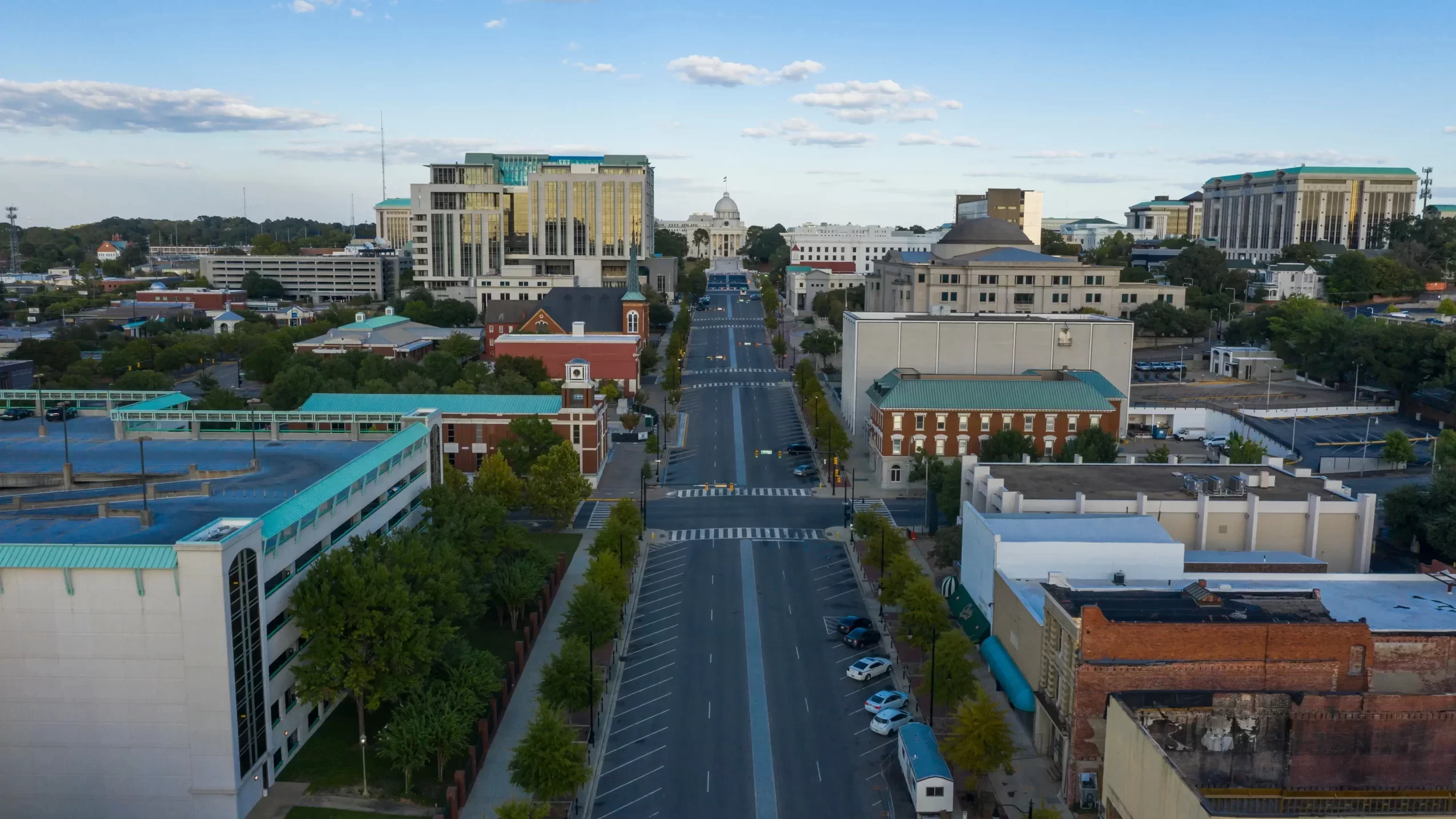|
Getting your Trinity Audio player ready...
|
Back in 2013, with the murder rate in Montgomery rising, the newsroom boss at the Montgomery Advertiser tasked his reporters with going out in the community – on both sides of the city – and talking to people about what was going on.
I know this because I was one of them. For several days, I, and several others at the Advertiser, spent time simply walking around various neighborhoods and talking to people about the uptick in gun violence and their views of the problems in the city.
One of the most startling things I heard was the unfamiliarity between the two communities. It would be easy to separate the two based on race, but those two communities in 2013 – and especially today – were better defined by economics: working poor on one side and middle class and up on the other.
Two ladies told me that their kids, who were all around 10 to 12 years old, had no idea what the Eastchase shopping center was. They’d never been. It was just across town but might as well have been 100 miles away.
A group of Black teenagers – about 10 to 12 in all – told me they hadn’t spoken to a white person in more than a year. Two kids couldn’t remember ever holding a lengthy conversation with a white person in their entire lives.
We also reported quite a bit on the Montgomery school system and the recurring issues with funding. One year, for the first month, a public high school in Montgomery didn’t have enough desks for its students. There were pictures and videos of children lining the walls of classrooms, sitting on the floor.
For much of my time covering education in the city, the public school students weren’t allowed to take textbooks home, because the system didn’t have enough books for all of the students to get one.
When crime rates began to tick upward – and particularly when the murder rate shot up in 2013 – there were a number of pointed questions asked of city and police officials. About gun violence. About soft sentencing and easy bonds. About the access to weapons.
But few people took it very seriously. Because it was happening in that other Montgomery. It was poor people killing each other. It was a problem for the Black community. Hell, then-Mayor Todd Strange even said – and took heat for saying – that the murders were mainly among criminals and nothing for the good citizens to worry about.
Strange also famously refused for years to admit that Montgomery had a gang problem, and he was the mayor when many of the city’s community centers – which provided young people with a safe, structured environment – were shuttered.
That uptick in 2013, and increasing gang and drug-related violence before that, prompted former Montgomery Police Department Chief Kevin Murphy to explore more modern policing methods, specifically focusing on community policing. The old school, lock-em-up types within the department revolted, apparently believing that such tactics were simply coddling criminals and being soft on crime. Murphy was forced out.
By now, you’re probably asking yourself why you’re taking a trip down Montgomery memory lane. Why am I bringing up things that happened 10 years ago, or more?
It’s because there seems to be a bit of amnesia when it comes to that city, and particularly the gun crime and violence that is getting so much attention now. From mass emails from a local doctor to shots from braindead politicians who live hundreds of miles away, there seems to be this notion that the problems in Montgomery fell from the sky within the last four years – or roughly the same time the city elected its first Black mayor.
They didn’t.
They were happening 10, 15, 20, 30 years ago. And they were mostly caused by actions that took place over many years.
Recently, state Sen. Lance Bell, on the radio in Montgomery, chastised Montgomery Mayor Steven Reed for blaming the Republican-led legislature and its permitless carry law, in part, for some of the city’s gun violence. Bell told Reed to “take some responsibility.”
This is the same Lance Bell who was accused by the Alabama AG’s office three years ago of participating in a weird plot to get former Republican House speaker Mike Hubbard out of prison. So, responsibility is clearly a subject he should be talking about.
The fact is the Legislature is to blame. In much bigger ways than what Reed has laid at its feet.
It’s the Legislature that has made it insanely easy to buy and carry firearms, while simultaneously erasing nearly every requirement for safety and storage of firearms. It’s the Legislature that maintains an idiotic school funding structure that leaves schools in impoverished areas perpetually struggling for basic funds. It is the legislature that blocked cities’ ability to impose occupational taxes, and it did so specifically in response to Montgomery’s plan a couple of years ago to raise its taxes.
So, yeah, Lance, I really wish someone would take some responsibility for all of that.
In the meantime, Dr. David Thrasher, a former coroner in Montgomery and generally a well liked and respected guy, has been peppering folks around Montgomery with a series of lengthy emails about the city’s problems and his proposed solutions.
While some of the observations and ideas are reasonable and sound, the vast majority of the criticisms – particularly the criticisms of “social programs” and the suggestions that mere toughness or increased armed men (he appears to recommend that the city hire private military contractors to patrol) – are rooted in the belief that the problems fell from the sky and can tough-guy’d away.
The problems in Montgomery have been a long time coming, and they’re the result of a lot of people’s mistakes, ignorance, shortcomings and just plain meanness. They’re the result of what happens when you try to isolate and forget about half a city. They’re the result of years of racism, Jim Crow and more subtle discrimination. They’re the result of poor education and even poorer conflict resolution skills. They’re the result of lots and lots of anger and hatred and misunderstanding. They’re the result of awful laws, a passion for violence and a romanticizing of guns.
They are long-term problems that will require long-term solutions. And a dose of everyone taking appropriate responsibility wouldn’t hurt either.
















































